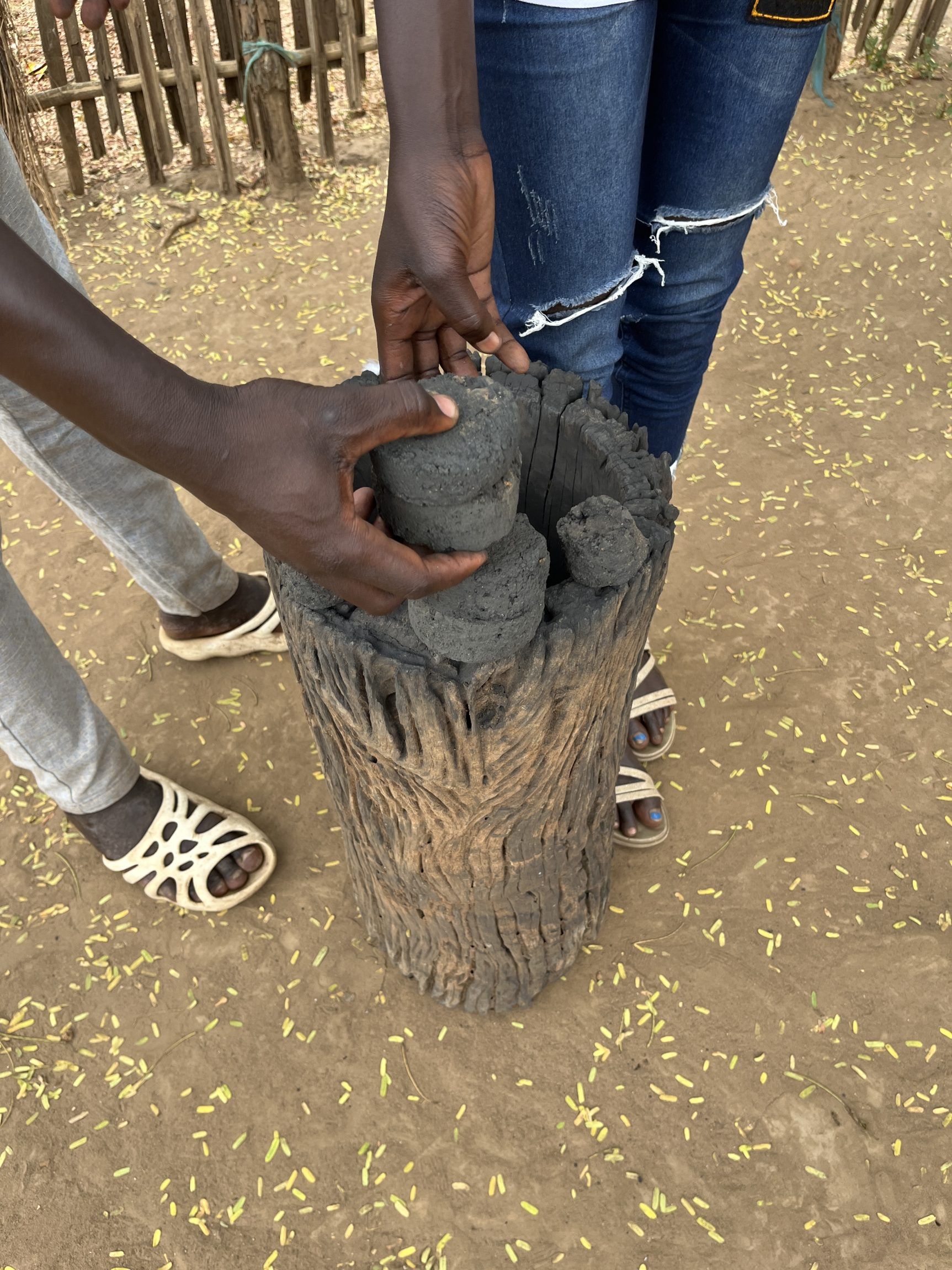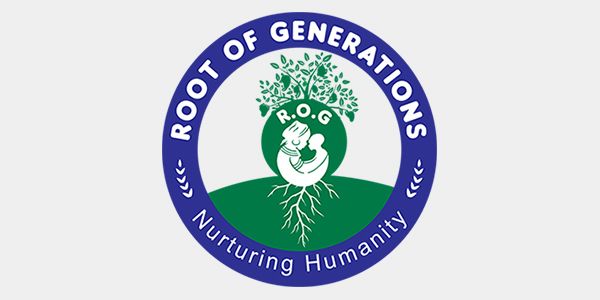In Narus, a small community in the dry, mountainous borderlands near Kenya, a group of determined women is changing the way people cook and live.
One of them is 56-year-old Elizabeth Natobo. She is a long-time member of the community peace committee and a resilient mother of six who has spent countless hours each week trekking through dense forests to collect firewood for cooking.


As is the traditional practice, she has cooked over an open fire for most of her life, unaware of the toll it took on her health and the environment. But that changed when IPCDO, Integrated Community Peace and Development Organisation, introduced her to the new cooking technology of fuel-efficient stoves (FES).
The FES consume less fuel while cooking food faster and more efficiently. Elizabeth marvels at how a single stove could reduce her firewood consumption by half, freeing up time for her to tend to her garden or engage in income-generating activities.
Transforming the community
With guidance and support, Elizabeth and 49 other women from Narus and surrounding communities learned to craft their FES through a Training of Trainers approach. Embracing the new technology, Elizabeth’s community is transforming.
Now, the women no longer need to scavenge for firewood – which could take up to six hours and cover distances of up to 25 km. Instead, they gathered to construct the FES and train other women to strengthen community bonds and empower women with newfound skills and economic opportunities.
Kwowledge cascading to other communities
In less than a year, Elizabeth has trained six other women, who are now passing the knowledge along in their respective communities creating a cascading effect of knowledge-sharing. She hopes that this new, sustainable cooking practice soon will gain a foothold on a state and even national level, reducing deforestation and mitigating the effects of climate change which are greatly impacting communities, food security and overall living conditions in South Sudan.
How FES minimises risk of violence
However, the impact extends beyond environmental conservation. Historically, women shoulder the responsibility of firewood collection, often in remote regions. Elisabeth explains why women and girls always prefer to move in a group when fetching firewood in the bush. The reasons are many, but all are linked to safety and issues with gender-based violence. Thus, the adoption of fuel-efficient stoves plays a vital role in diminishing the vulnerability of women and girls to sexual and gender-based violence.
Furthermore, with less time spent on arduous tasks like firewood collection, which is a practice done once a week compared to three to four times before the introduction of the FES, the women of Narus now have more time to do gardening, farming or other income-generating activities which eventually strengthens their livelihoods.
Entrepreneurs building briquette businesses
In Chukudum, a community just on the other side of the mountain chain from Narus, the introduction of briquette-making has further amplified the impact of fuel-efficient stoves. Here, implementing partner Root of Generations (RoG) has provided a youth group of 20 people with training in innovative entrepreneurship.
Other than providing a new source of income for the youth group, the income-generating activity of briquette production has helped strengthen social cohesion and contributes to less youth unemployment, crime and alcohol abuse which are all issues Chukudum is grappling with.


In training sessions, the group was introduced to the art of briquette-making. The youth group was trained in crafting briquettes using readily available biomass materials like livestock waste and sawdust with guidance and support. These briquettes burn longer and emit significantly less smoke compared to traditional fuels, reducing indoor air pollution and safeguarding the health of entire families like Elizabeth’s.
With training on sales strategies and optimising and innovating current production methods, the youth group hopes to be able to scale up their production and sell their briquettes to neighbouring communities such as Narus – an initiative welcomed by Elizabeth and her fellow FES peers.
Building a brighter future
Today, as the sun sets over the horizon, casting a warm glow over Narus, Elizabeth tends to her cooking pot with a sense of pride and gratitude. The flames dance gracefully beneath the pot, fuelled not only by just two sticks of firewood but also by the resilience and determination of a community determined to build a brighter future.
In South Sudan, where challenges abound, hope flickers brightly – a flame kindled by the simple yet transformative power of sustainable living. And as Elizabeth watches her children gather around the dinner table, she knows their future burns brighter than ever.
About the project
Period: 1 January-31 December 2023
Partners:
– Root of Generations (RoG)

– Integrated Community Peace and Development Organisation (ICPDO)

Donor: Danida


